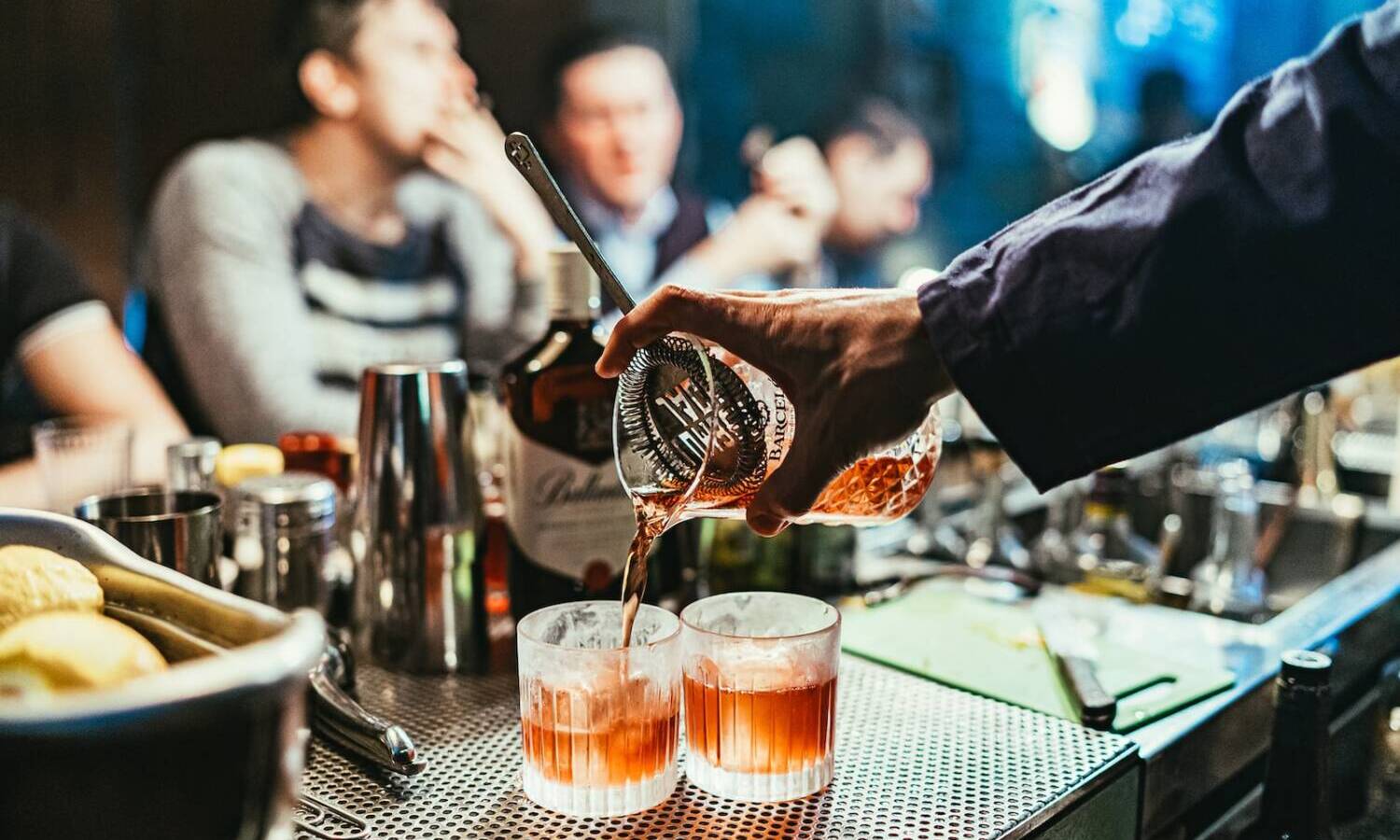
The alcohol industry is taking big gulps from marijuana companies
The good news is that soon, when you can kick back and use marijuana, you can still support your favorite beer company. The trend of alcohol companies entering the marijuana industry continues (with one major exception) and makes sense. Sales of legal cannabis (recreational and medical) were approximately $11 billion in 2022, roughly sandwiched between Starbucks ($13 billion) and Subway ($10 billion). A recent study shows that it’s about a tenth the size of the beer market and less than half the size of the craft beer industry.
Just as Coca-Cola viewed bottled water as an increase in sales, alcohol sees the same thing for marijuana. While this could be seen as a threat to cannabis startups and some existing brands, it has nothing but benefits for the consumer.
As the cannabis industry seeks federal legalization, it is struggling to convince Congress. But big alcohol companies, which now have a greater interest in tapping into the potential cannabis market, can leverage their massive influence in Congress much more, and much more quickly, than standalone cannabis companies.
Photo by Viennetta/Getty Images
Marijuana legalization has been linked to increased alcohol consumption, a new study published in the JAMA Health Forum has found. The surprising new evidence contradicts previous research showing that legalizing cannabis led to more marijuana use but also reduced alcohol consumption. This only helps alcohol increase profit margins.
Heineken, Molson Coors, Pabst, and Constellation Brands have all invested heavily and for good reason. Beverage companies know how to sell direct to consumers (groceries, trusted stores, etc.) and how to distribute to larger locations (concerts, hotels, events, sports). and they know how to reach millions of people every hour (restaurants). They have gone hand in hand with politicians and generated billions in profits that are shared among a multitude of partners.
RELATED: Americans are choosing marijuana over alcohol
Another benefit is the consumer’s confidence in alcohol for a consistent taste and impact experience, regardless of location or time of year. There’s a reason Bud Light is the top-selling alcohol brand in the US, customers expect consistency from Key West, Florida to Mountlake Terrence, Washington.
RELATED: Is Cannabis a Threat to Alcohol Sales? It’s complicated, but here’s what the experts say
A major exception right now is the failed experiment between juggernaut Anheuser-Busch InBev and Tilray. Tilray and its founders are desperate to be a leader in the cannabis industry, but they continue to struggle with product delivery and more.

Post a comment: